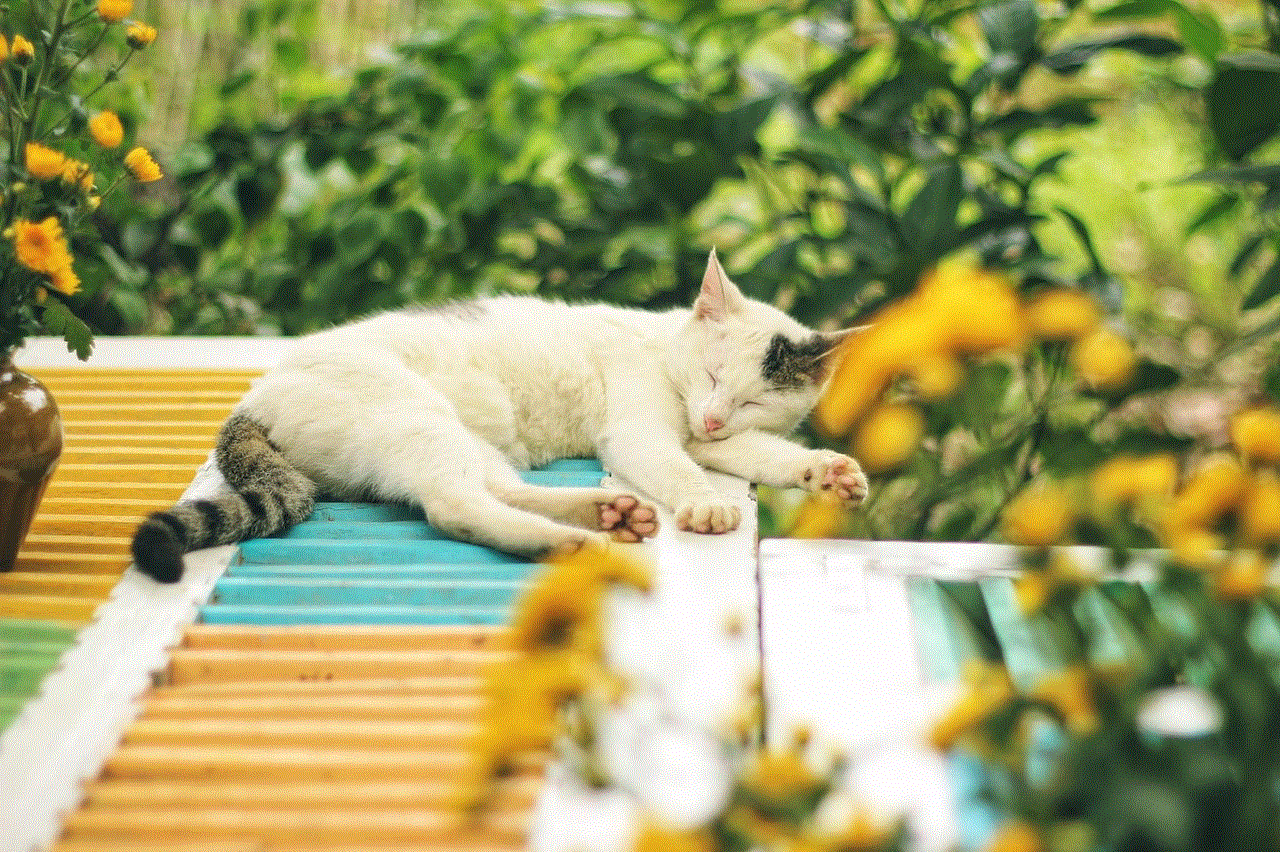what to do with 8 month old
As a parent, you may be wondering what to do with your 8 month old baby. At 8 months old, your little one is growing and developing at a rapid pace, and it can be challenging to keep up with their changing needs. However, this is also a fun and exciting time as your baby begins to explore their environment and learn new skills.
In this article, we will discuss some ideas and activities that you can do with your 8 month old to promote their development and keep them entertained. From sensory play to outdoor adventures, there are plenty of options to keep your little one engaged and happy.
1. Encourage sensory play
At 8 months old, your baby is becoming more aware of their surroundings and is eager to explore using their senses. Sensory play is an excellent way to engage your baby and promote their development. You can create sensory bins filled with different textures like water, rice, or shaving cream for your baby to touch and explore. You can also try finger painting with pudding or yogurt, or have a playdate with other babies to encourage social interaction.
2. Read to your baby
Reading to your baby is a great way to bond and introduce them to the world of books. Choose books with bright colors, simple pictures, and textures for your baby to touch. You can also try interactive books with flaps or pop-ups to keep your little one engaged. Reading to your baby also helps with their language development and can lay the foundation for a love of reading in the future.
3. Play with blocks
At 8 months old, your baby will enjoy stacking blocks and knocking them down. This simple activity helps with their hand-eye coordination and fine motor skills. You can also use blocks to teach your baby about colors and counting. As they grow, you can challenge them to build more complex structures.
4. Go for a walk
Taking your baby for a walk is not only a great way to get some fresh air, but it also provides them with new sights and sounds to explore. You can use this time to point out different objects, colors, and animals to your baby. You can also sing songs or play games like “I spy” to keep them engaged.
5. Have a dance party
Babies love music, and at 8 months old, your baby may start to move and groove to the beat. Put on some music and have a dance party with your little one. You can also introduce them to different types of music, from classical to pop, to expand their musical palate.
6. Play with balls
Balls are a simple yet effective toy for babies, and at 8 months old, your little one will enjoy rolling, throwing, and chasing them. You can also try playing catch with a soft ball to improve their hand-eye coordination. As your baby grows, you can introduce different sizes and textures of balls for them to play with.
7. Explore the outdoors
Exploring the great outdoors is a wonderful way to stimulate your baby’s senses and promote their development. Take them for a walk in a park or a nature trail and point out different plants, animals, and other interesting things along the way. You can also have a picnic or play in the grass together.
8. Have a playdate
Social interaction is essential for your baby’s development, and at 8 months old, they may be more interested in playing with other babies. Schedule a playdate with friends who have babies around the same age. This will not only provide your baby with the opportunity to interact with others but also give you a chance to bond with other parents.
9. Play with water
Babies love playing with water, and at 8 months old, they are old enough to enjoy water play safely. You can set up a small pool in your backyard or use a large plastic tub indoors. Fill it with water and add some toys like cups, spoons, and rubber ducks for your baby to play with. This activity will not only keep your baby entertained but also help them develop their hand-eye coordination and motor skills.
10. Do some baby yoga



Yoga is not just for adults; there are plenty of yoga poses and exercises that are safe and beneficial for babies too. Baby yoga can help improve your baby’s muscle strength, balance, and coordination. You can find videos or attend classes specifically designed for babies and their caregivers.
11. Play with bubbles
Bubbles are another simple yet entertaining activity for babies. You can use a bubble machine or blow bubbles yourself for your baby to chase and pop. You can also try making your own bubbles using dish soap and water. Not only is this activity fun for your baby, but it also helps with their visual tracking and hand-eye coordination.
12. Have a puppet show
Puppets are a great way to engage your baby’s imagination and promote their language development. You can make your own puppets using socks, paper bags, or even stuffed animals. Use different voices and make up stories to entertain your little one. This activity also encourages creativity and storytelling skills.
13. Have a baby-friendly workout
If you are a fitness enthusiast, you can incorporate your baby into your workout routine. There are plenty of exercises that you can do with your baby, such as baby squats, baby presses, and baby bridges. Not only will your baby enjoy the movement, but you will also get a workout while bonding with your little one.
14. Play with a sensory board
A sensory board is a great way to keep your baby entertained and help with their cognitive development. You can make your own by attaching different textures and objects to a board, such as sandpaper, buttons, and zippers. Your baby will enjoy touching and exploring the different elements on the board.
15. Have a baby spa day
Babies love being pampered, and you can turn bath time into a baby spa day. Use soft sponges, washcloths, and gentle massage techniques to clean and soothe your baby’s skin. You can also add some calming essential oils to the bathwater to create a relaxing and sensory experience for your little one.
In conclusion, there are plenty of activities that you can do with your 8 month old to promote their development and keep them entertained. From sensory play to outdoor adventures, these activities will not only stimulate your baby’s senses but also provide them with valuable learning opportunities. Remember to always supervise your baby during these activities and have fun bonding with your little one.



slang for menstruation
Menstruation, also known as a period or monthly cycle, is a natural process that occurs in the female body. It is the shedding of the uterine lining that takes place approximately every 28 days, although this can vary from person to person. Menstruation is often accompanied by a range of physical and emotional symptoms, and it is a topic that has been shrouded in secrecy and stigma for centuries. However, in recent years, there has been a shift towards breaking the silence and normalizing discussions around menstruation, including the use of slang terms to refer to this natural process.
Slang terms for menstruation have been used for centuries, with different cultures and regions having their own unique words. In some cases, these terms are used as a way to euphemize the topic and avoid directly mentioning menstruation. In other cases, slang terms have been used to mock or shame individuals who are menstruating. However, in recent years, there has been a growing trend of reclaiming and celebrating these slang terms, as they provide a way for individuals to talk openly and humorously about menstruation.
One of the most common slang terms for menstruation is “Aunt Flo,” which is believed to have originated in the 1960s. This term is a play on the word “flow” and is often used to refer to a person’s period in a humorous or lighthearted way. The term “Aunt Flo” has been widely adopted and is used in mainstream media, including TV shows and movies. Another popular term is “shark week,” which is a humorous nod to the idea of blood in the water. This term is often used by young people and has gained popularity through its use on social media platforms.
Other slang terms for menstruation include “the crimson wave,” “that time of the month,” “riding the cotton pony,” and “on the rag.” These terms allude to the physical aspects of menstruation, such as the color of menstrual blood and the use of sanitary products. While some may find these terms crude or offensive, others see them as a way to reclaim the narrative around menstruation and make light of a typically taboo topic.
In addition to the more light-hearted slang terms, there are also ones that reference the pain and discomfort that can accompany menstruation. For example, “shark attack” is used to describe a particularly heavy flow or painful cramps. “Code red” is another term that refers to a heavy flow, and it can also be used as a warning to others that a person is menstruating and may need extra support or understanding.
It’s not just English-speaking countries that have slang terms for menstruation. In Japan, “red badge of courage” is a popular term, while in France, “les Anglais ont debarque” (the English have landed) is used to refer to menstruation. In India, the term “chums” is common, and in Nigeria, “I’m on my period” is often shortened to “I’m on.” These terms highlight the cultural differences and attitudes towards menstruation, with some cultures being more open and accepting of discussing it in public.
While slang terms for menstruation may seem trivial or unnecessary, they can actually serve a purpose in breaking down barriers and normalizing conversations about periods. By using these terms, individuals may feel less embarrassed or ashamed about discussing their periods, and it can also help to create a sense of camaraderie and understanding among people who experience menstruation.
One of the main reasons why slang terms for menstruation have emerged and continue to be used is due to the stigma and shame that surround this natural process. Historically, menstruation has been viewed as dirty and unclean, and women were often isolated and excluded from social activities during their periods. This has led to a culture of secrecy and shame around menstruation, with many people feeling uncomfortable talking about it openly.
However, in recent years, there has been a push to break this silence and challenge the stigma surrounding menstruation. This has been driven by various factors, including the rise of feminist movements, increased access to education and information, and the growing influence of social media. As a result, there has been a shift towards using slang terms for menstruation as a way to reclaim and empower individuals to talk about their periods openly and without shame.
In addition to breaking down barriers and challenging stigma, using slang terms for menstruation can also serve as a way to educate and raise awareness about the topic. By using these terms in everyday conversation, it can normalize the discussion and help to break down the taboo that surrounds menstruation. This can be particularly important for young people who may be experiencing menstruation for the first time and need support and information.
While slang terms for menstruation have their benefits, it’s important to acknowledge that they can also perpetuate harmful stereotypes and contribute to the shame and stigma surrounding periods. For example, some slang terms may reinforce the idea that menstruation is something to be ashamed of or that it makes individuals less capable or competent. It’s crucial to use these terms mindfully and to be aware of their potential impact on others.



In conclusion, slang terms for menstruation have a long history and continue to be used today as a way to euphemize, mock, or reclaim discussions about periods. While some may find these terms humorous or empowering, others may view them as offensive or insensitive. It’s essential to have open and honest conversations about menstruation and to use slang terms mindfully to break down barriers and challenge stigma. By normalizing discussions about periods, we can create a more inclusive and understanding society for everyone who experiences menstruation.